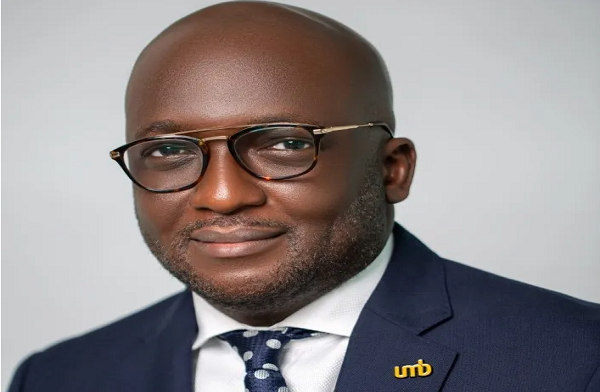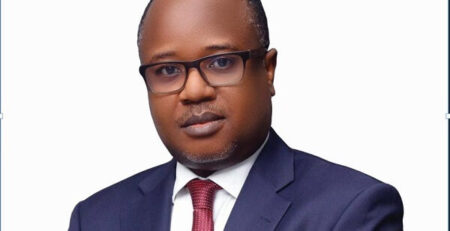Bank loans are not for start-ups – UMB CEO
…as such businesses need long-term funds
Chief Executive Officer of UMB Bank, Nana Dwemoh Benneh, has said the short-term nature of banks’ lending means that they cannot be first point of call for start-ups, rather, new businesses need to first find patient capital during their formative years after which they can then access support from commercial banks to enable them grow.
Mr. Benneh, who spoke at the 10th Ghana Economic Forum organised by the B&FT during a panel discussion on the topic: ‘Contemporary approaches to financing start-ups; insights from key industry players’, said even though banks will be happy to assist start-ups with their financial needs, it is not advisable they become the first point of call given the conditions of the loans.
“When you want to build a business, you first have to look to patient capital. The initial patient capital obviously would come from family and friends but beyond that, you now need some sort of entity which gives the sort of capital that helps you to build up. With that, you can then come to a bank which can offer additional financing support for your short to medium term requirements.
The mistake that is often made is that we try to use short-term capital to finance long-term needs and before long, the short-term capital is demanded for and you wouldn’t have finished what you are trying to build.
So, what we are trying to encourage is for most entrepreneurs to look at the various types of financing and choose the one that is appropriate for their needs,” he said.
As an indigenous bank, he said, UMB has gained the necessary experience needed to help new businesses succeed but only if those businesses have the discipline and knowledge about the risk involved and how to mitigate it.
“When you want to attract patient capital, it requires discipline and knowledge. Most entrepreneurs are excited about starting the idea but most do not have the same power to research and present a proposition to get someone else to bring in the patient capital to move them to the next level,” he added.
On why most start-ups in the country struggle to access funding support, he said the rate of start-up failure was too high and as such, it was important for them to painstakingly reduce that high probability of failure, first and foremost, before accessing funding support.
“We all know that the failure rate for start-ups is very high, so for somebody to bring in their patient capital, the probability of your failure should have reached a very low percentage for them to risk it. So, you as the entrepreneur, you have to de-risk your proposition to the level where you can get somebody to be interested and that is where you will normally find gap.
Most people see the unicorns of the world and think that in a very short period of time I will be able to be in that position but in reality, it takes a lot of sweat and hard work,” he said.
He therefore, encouraged entrepreneurs to first of all be prepared to do the heavy lifting on what they need and the type of capital – short or long-term – which is most appropriate to that need. Once this is done, he said, it will be easy to get help from patient capital, after which the commercial banks can then come in with the short-term funding.
“We know that if we do the short-term funding without you getting the patient capital, your business will not be sustainable anyway, so we find ourselves in a tough love situation where we would now have to point these things out,” he said.
Source: B&FT














Leave a Reply